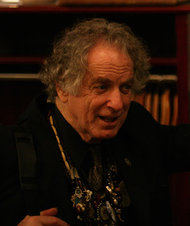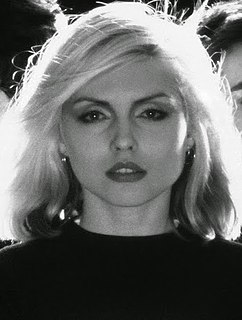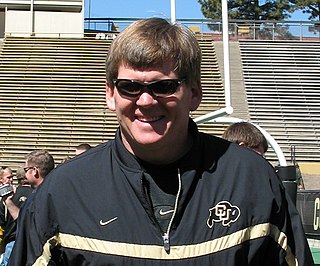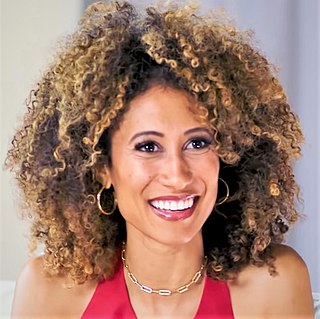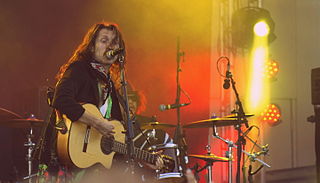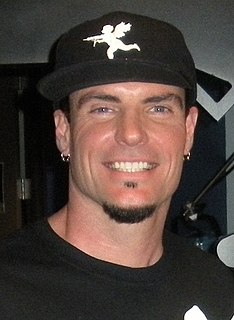A Quote by Jeff Vespa
My mom had a Canon AE1 camera and I read the manual and that's basically how I became a photographer. I was in the Baltimore punk scene. I knew it was a special time, so I went out and documented that whole era. I was the only person to really do it of my friends in real black and white, beautiful portraits.
Related Quotes
The Canon AE1 - a fully manual camera. [My mother] had a 50mm, which is a standard lens, and then I got a 28mm. Then I started a little punk magazine, a zine, when I was 14 or 15 years old. I was shooting my friends skateboarding and it was the beginning of the Macintosh. We wouldn't do layouts on the computer; we would pick the font and then type up a paragraph and then print it out and cut it up and put it in a little mock-up and Xerox it.
There were just moments of the punk scene and I realized that I had to capture it. There was also this photographer in our preschool - I went to a Montessori school in Baltimore, Maryland - and they had this photographer come and take all these incredible photographs. They looked like they were from Life magazine.
Growing up on a farm, I saw that if I didn't go to the military or go to school, and I knew my mom and my family wasn't going to be able to send me to school out of their pocket, so it basically came down to athletics. I knew I didn't want to work on a farm. I knew I didn't want to do manual labor the rest of my life.
You are a white. The Imperial Wizard. Now, if you don't think this is logic you can burn me on the fiery cross. This is the logic: You have the choice of spending fifteen years married to a woman, a black woman or a white woman. Fifteen years kissing and hugging and sleeping real close on hot nights. With a black, black woman or a white, white woman. The white woman is Kate Smith. And the black woman is Lena Horne. So you're not concerned with black or white anymore, are you? You are concerned with how cute or how pretty. Then let's really get basic and persecute ugly people!
White people scare the crap out of me. I have never been attacked by a black person, never been evicted by a black person, never had my security deposit ripped off by a black landlord, never had a black landlord, never been pulled over by a black cop, never been sold a lemon by a black car salesman, never seen a black car salesman, never had a black person deny me a bank loan, never had a black person bury my movie, and I've never heard a black person say, 'We're going to eliminate ten thousand jobs here - have a nice day!'
My first passion was running: I excelled at that starting till the end of the high school. I pretty much cover about 20 miles a night on stage. I basically rechanneled all the athleticism and adrenaline, and everything that's exciting about sports into music. That was my secret weapon, because in Ukrainian punk rock scene - where everything was very gloomy - being athletic was not cool. I didn't publicize anything about my sport past, but I rolled in onstage with a background nobody had, and I became instantly recognized as the wildest performer in the punk-rock scene.


